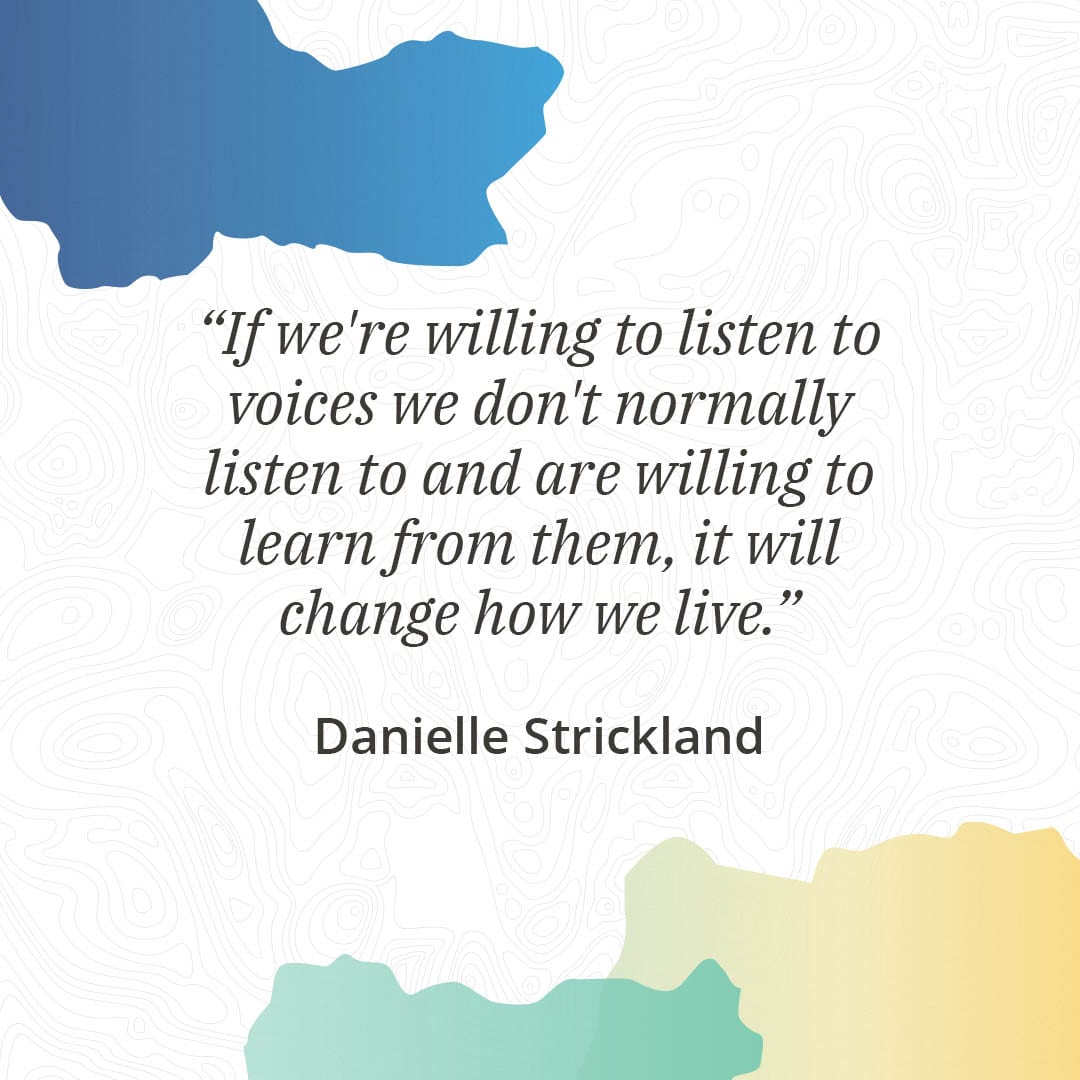
If we’re willing to listen to voices we don’t normally listen to and are willing to learn from them, it will change how we live.

If we’re willing to listen to voices we don’t normally listen to and are willing to learn from them, it will change how we live.

The Summit was a turning point for me and my ministry. The idea that “the church is the hope of the world,” the concept of “leading people from here to there,” and also asking the question, “how will you change the lives of others?” created a new rhythm in my mind and actions.
I started on a quest to make my life and ministry relevant and significant.
I started on a quest to make my life and ministry relevant and significant. I found a way to contribute to humanity. I started to think of ways to benefit my community, and came up with a concept called “georgeonomics,” which is based on the idea of growing, making and doing what you can instead of buying it.
The “georgeonomics” concept has had a multiplying effect on our community. Gardening is helping to feed my family, bless people in my church and others to support themselves by earning an income through it. In the next two years I’d like to see “georgeonomics” become a brand of impact and an answer to poverty in our communities, and beyond.
Not attending the Summit would have robbed me of the new ideas…
I just returned from a province where I spoke to 60 church leaders from five districts. A new wave has been created where people want to work with their hands to support themselves and their communities.
At the Summit, I learned that our God is the God of processes, systems and structures and this is what we want to continue to learn from the Summit. Not attending the Summit would have robbed me of the new ideas I’ve gained. My world and ministry would not be moving forward.
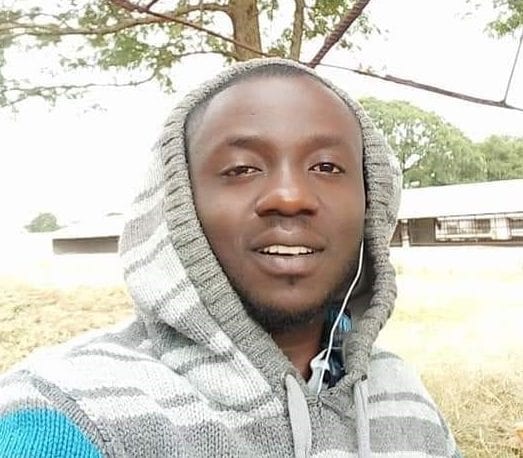 I believe in the Summit and have brought others so they could experience transformation like I have. Our church is currently working on a model for raising up leaders in our community that starts with an innovative fair to inspire youth to help them unleash their life purpose.
I believe in the Summit and have brought others so they could experience transformation like I have. Our church is currently working on a model for raising up leaders in our community that starts with an innovative fair to inspire youth to help them unleash their life purpose.
We will continue to host the Summit because it has been a huge blessing to our congregation and our community as we pursue our dream to raise global leaders.
To those who’ve made the Summit possible in Zambia, thanks for coming into my space and changing my way of thinking for the better of my community. There has been a recent trickle-down effect on the next generation. Mwansa Kobi is one of those who has benefited from my experience of the Summit. He told me,” I will create my source of livelihood and provide jobs to my fellow young people.” Here are pictures from his farm!
Thank you to those who support the Summit. Thank you for initiating change in my leadership style, which will impact even more lives for generations to come!

As the mechanic handed me my bill, I realized that all of this could have been avoided if I would have paid attention and valued a small but important part of my car. During the previous week, my car was making an abnormal sound, but I wrote it off. Eventually, the sound seemed normal to me, and I simply tuned it out. I refused to hear the voice of my car calling out. And while I would say I valued my car; my actions spoke otherwise.
A value culture is embedded in your team ethos and shows people they matter.
Creating value is more than a kind thought. A value culture is created by operationalizing set actionable practices. A value culture is embedded in your team ethos and shows people they matter.
Lack of attention can lead to unintentional neglect. Just like the noise in my car, most leaders don’t intentionally neglect their team members. However, when we are consumed by the whirlwind of work, it’s easy to normalize the noise. Pay attention to the deliverables, but pay attention to the words, actions and morale of your team members. If something seems right, praise it. If something feels off, fix it. This can go a long way.
Creating a space where your team members can contribute and bring concerns is crucial in building a value culture. Leaders desire to be heard and feel like their contribution matters. The systems we create to hear and respond are crucial in this process. However, when you hear this information, it’s vital to create action. Listening without a response creates a culture where individuals feel undervalued and will fail to contribute in the future.
Create efficient training and onboarding systems so team members can feel competent in their work. In addition, make custom development plans so team members can reach their maximum capacity, not just as your employees, but as someone who has untapped potential. In order to do this, you must value your team members as people who can contribute beyond their current position, beyond your team or even beyond your company.
While it’s great to tell your team they are doing a great job and treating them to lunch, it’s better to compliment them on a specific task they completed or behavior they exhibited. For example, as opposed to saying “Lacey, you are doing a great job and you’re an important part of this team.” Try saying: “Lacey, in our meeting the other day you spoke with clarity, conviction and candor on a really hard topic. Thanks for taking risk. These types of conversations can accelerate the growth of our team. Thank you for going first!” This lets your team member know you were paying attention and their contribution mattered to the team. You can also customize the compliment by writing a surprise email, leaving a handwritten note on their desk or offering public appreciation!
When leaders create a value culture, they are displaying to team members that each person matters more for who they are than what they do.
When leaders create a value culture, they are displaying to team members that each person matters more for who they are than what they do.
As leaders, our job isn’t to fill their development cup. (That is on them.) However, it is to empty ours. Give your team members everything you have so when they transition, they are better contributors to their places of employment and society as a whole.
Value people, not just their gifts.
Value people, not just their ability to contribute.
When you create this kind of culture, your team will go a long way.
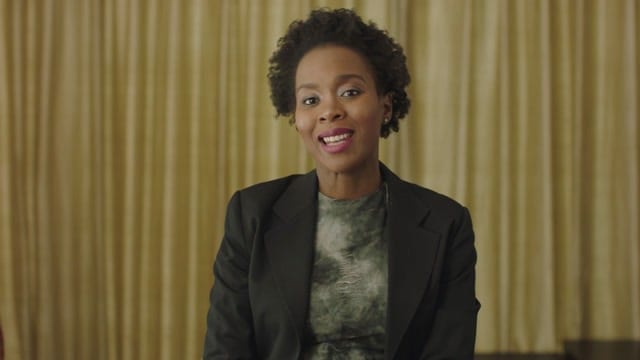
Dr. Nthabiseng Legoete explains how you can stay focused on your vision in the midst of life’s distractions.

If people are a company’s most important asset, then why do so many of us feel like we are undervalued at work?
It now seems routine for well-intentioned leaders to get caught in the trap of pursuing productivity to the detriment of the people involved, resulting in employees, volunteers or members feeling used. Is it really an “either/or” proposition? I think most of us intuitively believe that it could and should be “both/and” But how do we actually get there? How do we avoid the trap of “either/or”?
It turns out your starting place really matters.
So first things first: valuing people is not a “technique.” You don’t add it to your tool belt or simply “work it in” where you can.
Valuing people is a deeply held conviction that drives your thoughts, words and actions—all the time. Valuing people at work doesn’t work unless you value people all the time. If you can switch it off and on, then I would argue that it isn’t a deeply held value. And if it’s not truly a core conviction, then mostly every action taken to “value people” will come off as insincere, slick or manipulative.
Valuing people is a deeply held conviction that drives your thoughts, words and actions—all the time.
In order to value people, you can’t just adopt a new tactic, you’ve got to swallow a whole paradigm—a way of seeing life that prioritizes the role, thoughts, emotions and dignity of people.
The most tangible key to valuing people is one that is readily accessible to anyone, and one that may have the most disproportionate impact on your ability to lead others. Listen to them!
One of the biggest challenges for a leader is to learn when to talk, rather than assuming that lots of talking is leadership. In my experience, in almost every situation, more can be gained from listening than talking. But for leaders who have been trained by culture and habit to talk, we can unintentionally de-value people through our lack of listening.
This is an ancient lesson, but it’s one that is increasingly forfeited in our modern culture, which measures success by how loudly we can shout. When we silence ourselves and listen, we communicate value to another person’s thoughts, feelings, opinions and words. Without saying anything, we communicate that you matter enough to have my full attention and consideration.
Extending trust to people is the fastest way to communicate value, strengthen a relationship, and to help them grow as a person. It naturally establishes their value as a competent, trustworthy and capable person—and people tend to rise (or sink) to their level of perceived value. I don’t mean to say we should entrust someone with anything at any given moment, but one of our main ways to add value to people is to discover what is appropriate to entrust to them.
True, when we entrust a project, a task or a conversation to someone else, there’s always the chance it could go wrong. But there’s also a huge opportunity for it to go right on multiple levels. And when they do make a mistake (which they will), talk about the mistakes quickly! We don’t need to berate or humiliate; the person is valuable enough to hear the truth and receive feedback from us. When you invest in someone else, despite a mistake, it typically strengthens their trustworthiness in the future.
But the primary reason to trust your people whenever possible is to consider the alternative: leading by distrusting them. How will that ever build the kind of life-giving, effective, vibrant relationships that characterize all great endeavors? Don’t ever settle for distrusting your employees or co-workers. Leave (or have them leave) if you must, but don’t settle for distrust.
Time is a commodity that you have more control over than you think. Don’t let urgent things tyrannically control your time. You can decide to steward your time toward the value you have for people—toward ways that make people feel seen, heard or appreciated.
Former U.S. Secretary of State Colin Powell, writes about how he found time, even in his high-ranking, high-pressure position, to routinely visit people at various levels of the organization— from janitorial staff to foreign field offices. Not only did he learn invaluable details about the true state of the organization and morale of his people, but he also communicated that he valued his people. With each visit, he was wordlessly announcing, you are worth my time!
What simple “extras” could you implement into your schedule as a way of prioritizing the value of people? It doesn’t have to be an extraordinary time drain, but it does have to be intentional. You might be surprised by how showing up where you don’t have to be, with the intent of connecting with people on a personal level, could radically change the demeanor and attitude of your people. Redefine what is most important in your organization or group by stewarding time to it.
Valuing people often comes down to words of appreciation and encouragement. And while there’s nothing quite like saying something directly in person, there’s also something powerful in saying it in a way that will last.
For the last several years, I’ve adopted the practice of writing three thank you notes per week. It takes approximately 10-15 minutes of my time, but I’ve found it has a long-lasting impact. There’s something about the handwritten letter. Not only does it communicate that it took me time and thought to write this, but they then have the permanent copy to keep. While a face-to-face conversation is unbelievably important, a quick note isn’t easily forgotten and stays with them. Many of my employees have mentioned putting the note on their home refrigerator door, where it is a permanent reminder of their value to me.
You may not be a letter writer, but how can you find a way to say what someone means to you—and then make it stick?
While most of these practices probably feel a little archaic in the breakneck speed of our modern world, I submit to you that they really do communicate value to people. And in the “worth-starved” world we live in, a little goes a long way.
At the same time, we accomplished much. In fact, much of it was done better than ever.
I believe we can definitely have the both/and—organizational effectiveness and people who feel genuinely valued.
Case in point, I’m in the process of transitioning out of my current position as an executive-level leader, and I’ve only held this post for approximately 20 months. You wouldn’t think that you could make a lasting difference in people’s lives in fewer than two years, but the steady stream of letters, texts, conversations and tears tell me a different story.
We can definitely have the both/and—organizational effectiveness and people who feel genuinely valued.
Person after person has made a point to seek me out and express how meaningful my leadership has been to them. Not because of all that we accomplished or how productive we were, but because they felt genuinely valued.
And that’s the bottom line. The one actually leads to the other. People who feel genuinely valued will lead to increased effectiveness in your organization. The starting place for your organization’s effectiveness begins with how well you value your people.
Choose your starting place well.
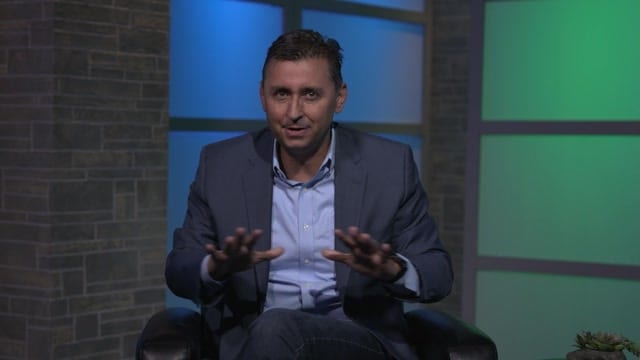
Chris McChesney explains the value of creating a game-like environment to drive execution of your goals.
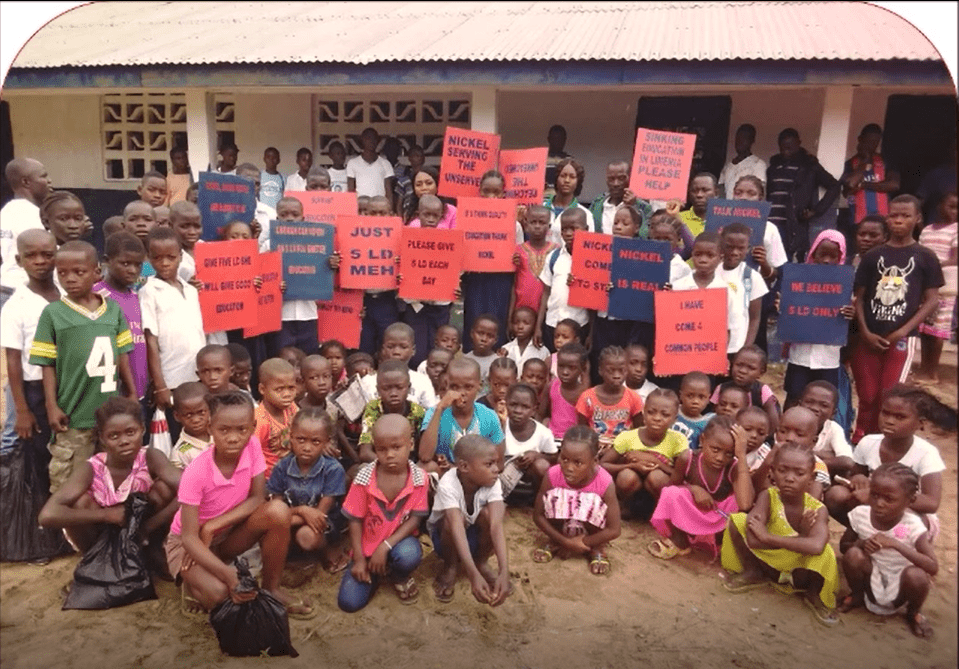
Amos Turgor is bold in believing that by collecting 5 Liberian Dollars (approximately $0.03 US) from everyone he meets, he can improve education in Liberia.
He founded an organization called The Power of a Nickel Liberia with a vision to ensure that the children in the most rural parts of Liberia have access to quality education. Their mission is to build 15 modern primary and secondary schools with a teacher’s housing unit, staff quarters, mini clinic, a multi-purpose hall and nursing units within the 15 counties of Liberia.
We are so inspired by the tenacity of this amazing, hard-working, selfless young man. This year the local team in Liberia provided 15 scholarships for him and his team to attend The Global Leadership Summit. Thank you for your support for leaders like Amos!
Amos Turgor shares his inspiring vision and story:
At Nickel Liberia we intended to carry on all of our major projects in the villages. It wasn’t easy for us because there’s no access to roads that work. We walked three hours. Then we saw the village. Some of my colleagues were going to cry for the little kids, because they were seeing them naked, barefoot and going to farm instead of going to school. We saw girls of 12 and 13 pregnant. And we said, why is this happening here? Is this not part of Liberia?
Our mission is to make sure that the people in the rural parts of Liberia have access to quality and equal education.
We asked the town chief and the partner chiefs, what can we do for your people? And they said they needed education for their children. We said, “Ok!”
The chiefs provided 10 acres of land for Nickel Liberia to begin a school project. After a few months, we went back there with 200 bags of cement. It took two hours to and from with the cement on our heads to reach there. We took more than one month to haul the cement. We started building a 10-kilometer road, and now we have gone in 4 kilometers so far. And now we have 7,000 bricks on the project site.
Our mission is to make sure that the people in the rural parts of Liberia have access to quality and equal education.
Our first project is growing in Gran Bassa county with 10 buildings for one school. After Gran Bassa, we will move to another county and so on until we are in the 15 counties of Liberia.
We have a system for raising funds. We have cash boxes at schools, churches and business centers. People drop in a nickel each day. Our colleagues collect the money and we save it to invest in our project. When we say nickel, we are talking about 5 Liberian dollars. There’s power in a nickel.
Our rural project also includes forested areas. We thought, why can’t we transform this log and process it into planks and give it as seating to the children who are sitting on stones at school? We decided to start a project called “from stone to chair.” And we were able to donate more than 100 chairs to this new public school. This year we want to provide 1000 chairs to children in three counties.
If I’m asking for change, I should be the first man to begin change.
If every Liberian would just give 5 Liberian dollars, we can make a difference. We can make a change.
The first time we attended The Global Leadership Summit was so amazing. We listened to speakers, and these guys explained their stories. It took many years for their persistence and thought to reach toward their vision. I got inspired by a young boy at The Global Leadership Summit who said Nickel has to do more! I said if this little boy knows we have to do more, then indeed, we have to do more!
This boy’s voice always sounds in my ear—you have to do more, you have to do more! The second Summit we attended, we came across the vice president of Liberia. Her Excellency, Jewel Taylor, gave Nickel Liberia a contribution toward our vision. The Summit is doing a lot!
…there’s something deep down that is always telling me, yes, you can do it.
If I’m asking for change, I should be the first man to begin change. If I’m asking for change in the education sector, I should be the one. I earn a very low income. We want to build 50 more primary schools and secondary schools within the 15 counties. One school, 10 buildings. People say you are out of your mind. So I said, “Yes, indeed, I’m a mad man!” There’s something inside of me that I can’t really explain in total. But there’s something deep down that is always telling me, yes, you can do it. My courage has built up over time. I can make it. We can build it. We are fired up. We can do it!
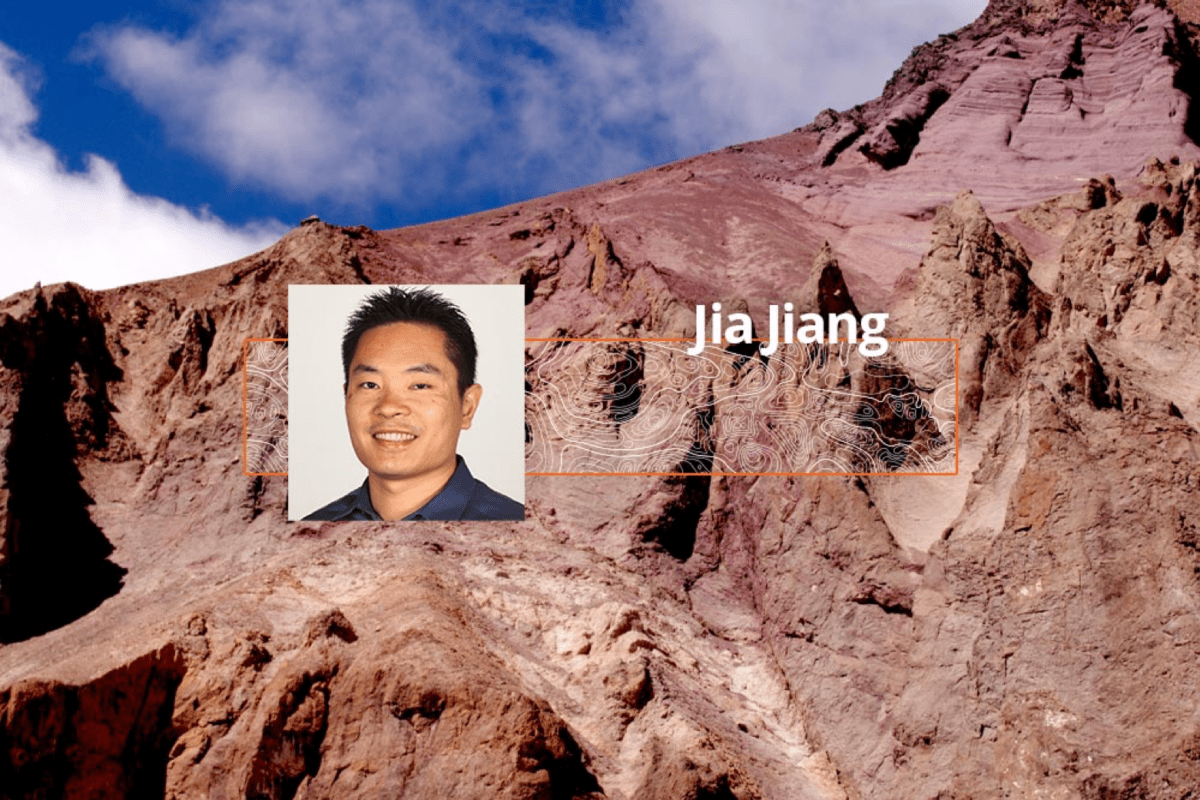
At the GLS, we have been fascinated by entrepreneur Jia Jiang who set out on a journey to conquer the fear of rejection. During an experiment he calls the “100 Days of Rejection,” he gained surprising insights into how to persevere and even thrive in the face of rejection. Watch this video to get a taste of his unconventional thinking.
Recently, I read an article on Inc.com on why you shouldn’t be at work early. I have some thoughts I want to share on this subject in this video.
A lot of you go to an office from 9-5. The Inc.com article asked the question: “Do you want to go to the office before people get there, right on time or after everyone else?”
The article gave five very good reasons why you do not want to be at work early. You might:
These are all very sound reasons.
But guess what? This is really the wrong question to ask.
A lot of us worry about how we are seen. We worry about the image we are portraying and the reputation we have. We constantly worry about how other people see us.
When you worry about what other people are thinking, you are enslaved to other people’s opinions. You are constantly afraid. You are constantly thinking, “Am I looking good or not?”
The right question is “Am I doing amazing work?”
Really successful people let their work speak for them. They don’t worry about how they are seen.
Make your work so indispensable that they cannot ignore you anymore.
Do you think Kobe Bryant worries about whether or not to be in the gym earlier or later than other players? He’s often there earlier than everyone else. But he doesn’t care how other people are seeing him. He’s won championship upon championship and has done amazing work.
Do you think Mark Zuckerberg worries about getting into the office early or late? All he worries about is how he can make Facebook the best in the world.
When you think about what you do, think about whether a certain activity would be good for your work or not good for your work. When you are focused on doing your best work, you will be recognized and seen. Maybe you will be a threat to other people. But so what? Make your work so indispensable that they cannot ignore you anymore.
No matter what you do, remember this. Do amazing work.
Focus on your work and not on other people.
This article originally appeared on Jia Jiang’s Rejection Therapy blog.
Join 405,000+ of your peers for two days of fresh, actionable and inspiring leadership training from a world-class faculty at a location near you.
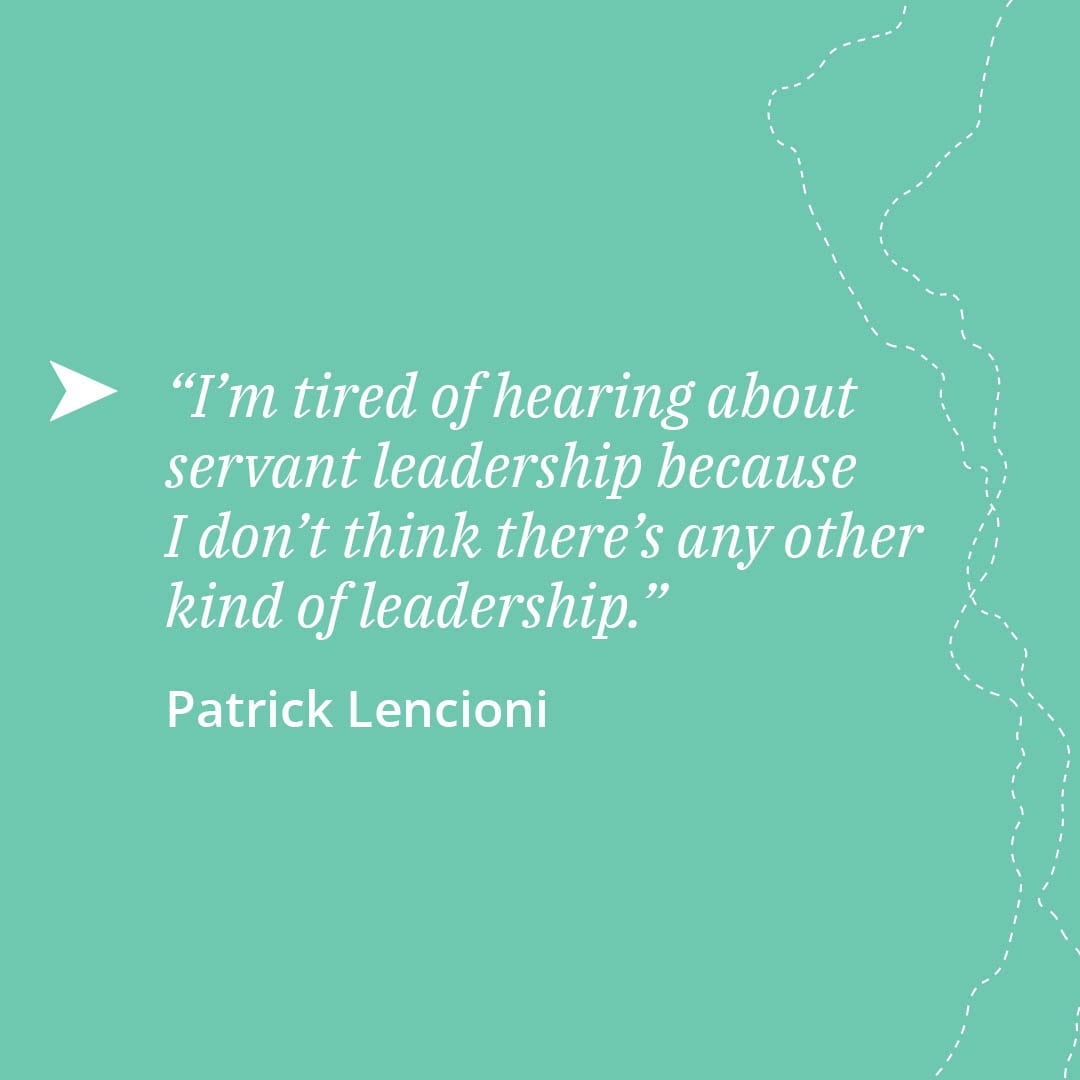
I’m tired of hearing about servant leadership because I don’t think there’s any other kind of leadership.

Erin Meyer teaches leaders how to identify their own style of feedback and conduct culturally sensitive feedback conversations.
“We welcome and encourage comments on this site. There may be some instances where comments will need to be edited or removed, such as:
If you have any questions on the commenting policy, please let us know at heretoserve@globalleadership.org”
Recent Comments